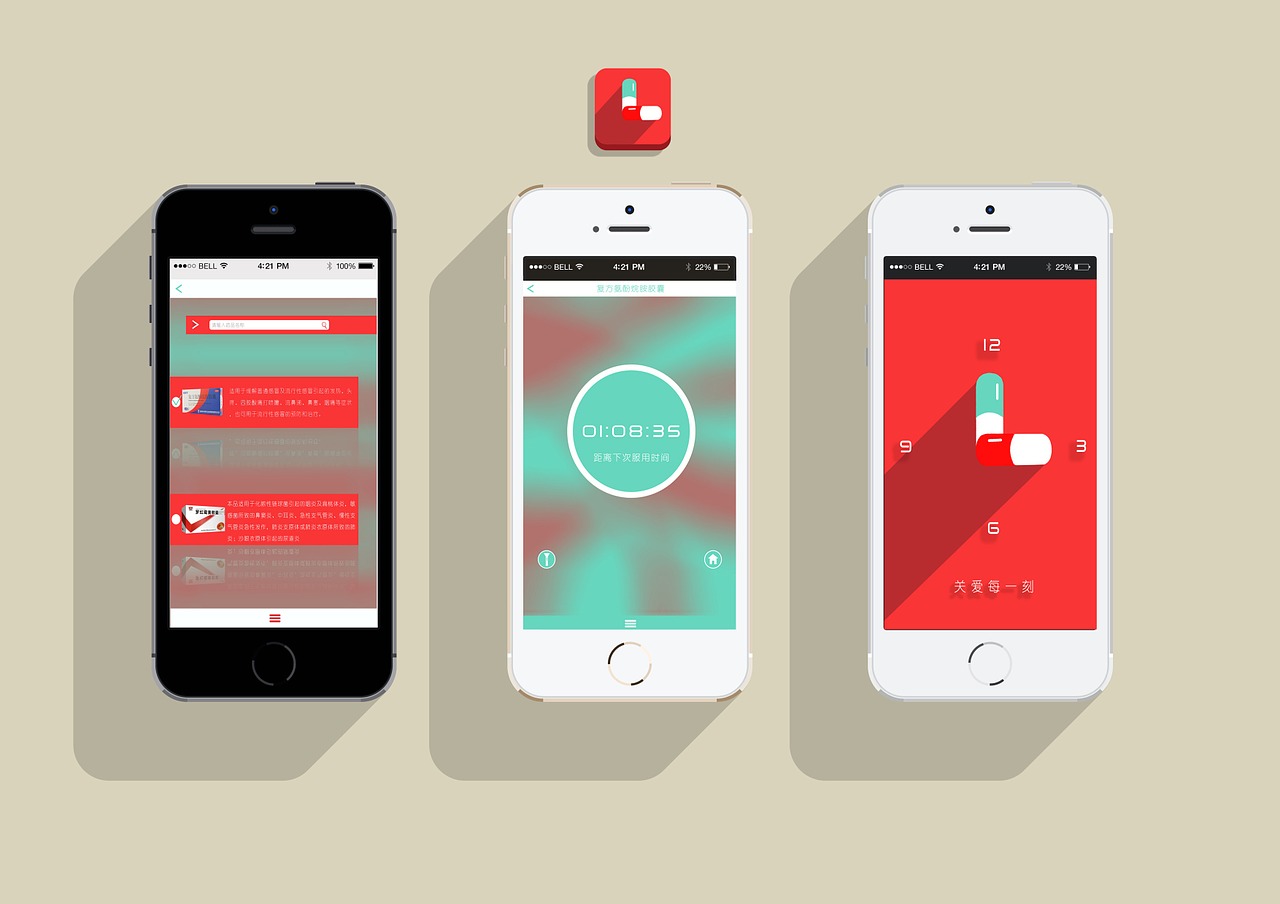Healthcare industry constantly faces the challenge of providing quality healthcare to patients, while complying with the strictest of privacy safeguards. The journey of a patient usually starts with an initial diagnosis, then followed by a treatment, which often involves transfers between acute care, post-acute care, ambulatory care and home healthcare. If patient’s medical records are not transferred timely at each and every stage, it can have a detrimental effect on the patient’s health and quality of care. In such case, mobility in healthcare can help both healthcare institutions and patients by offering diversified solutions.
Mobility in healthcare helps both healthcare institutes and patients by facilitating secure and efficient exchange of clinical data in healthcare centers, while complying with industry regulations such as HIPAA (Health Insurance Portability and Accountability Act). By creating mobile apps for healthcare, institutions can improve the process of transitions of medical records, which will improve quality of healthcare with fewer re-admissions.
Mobility in Healthcare – The Advantages
- Mobility in healthcare helps streamline workflow and fosters clinical collaboration.
- By providing timely access to personal health information (PHI), it helps doctors to make timely critical care decisions.
- Mobility in healthcare is improving the reach and accessibility of critical/expensive business and clinical systems. These days, medical devices are moving closer to patient’s point-of-care.
- Patient’s medical record retrieval has become hassle free with the advent of handheld devices such as tablets, smartphones and PDAs. Doctors are not dependent on bedside workstations or terminals anymore for retrieval of the patient’s record.
- Due to enhanced security, integration and coverage, mobility in healthcare has transformed how healthcare is conceptualized and delivered.
- Healthcare institutions can now utilize handheld mobile devices for remote monitoring, charge capture, ordering, results viewing, dictation, etc.
Balancing Risk and Reward
The healthcare industry is without a doubt one of the vertical that will extensively benefit from mobile apps and mobile medical devices. However, the key challenge still remains to find the right balance between allowing access to highly confidential medical records through mobile apps and devices, while keeping the patient’s data secure. Wearable devices can significantly improve the quality of healthcare by providing real time health information to patients as well as doctors.
Although, by adopting mobile medical devices doctors can speed up diagnoses and treatments of patients, on the contrary, it can place patient’s data at risk thereby violating their privacy. However, IT security experts can assess the risks and challenges accompanied by adopting mobility in healthcare, wherein adhering to industry standards such as HIPAA are of utmost importance. Carrying out a proper risk assessment will help in implementing the right security and privacy measures to safeguard sensitive healthcare data.
We cannot overlook the benefits mobility offers to hospitals, patients and doctors. Maintaining detailed medical records of patients would become much easier and organized. By analyzing the information collected, it would be possible for healthcare experts to devise improved treatment options for chronic diseases. When it comes to mobility, there is still lots that can be accomplished in the healthcare industry.
The enthusiastic and rapid adoption of mobility in the healthcare industry is growing globally. Healthcare institutes need to showcase the merits of incorporating mobility in the delivery of healthcare and wellness, which would further improvise the acceptance in the industry. It cannot be denied any more that in the coming years, we will truly witness a healthcare industry transformed by mobility.





1 Comment
Hi EVOKE MOBILITY,
This was a excellent informative post you have shared on this page about the healthcare tips but the Healthcare industry constantly faces the challenge of providing quality healthcare to patients, while complying with the strictest of privacy safeguards. The journey of a patient usually starts with an initial diagnosis, then followed by a treatment, which often involves transfers between acute care, post-acute care, ambulatory care and home healthcare. If patient’s medical records are not transferred timely at each and every stage, it can have a detrimental effect on the patient’s health and quality of care. In such case, mobility in healthcare can help both healthcare institutions and patients by offering diversified solutions.
Thanks.